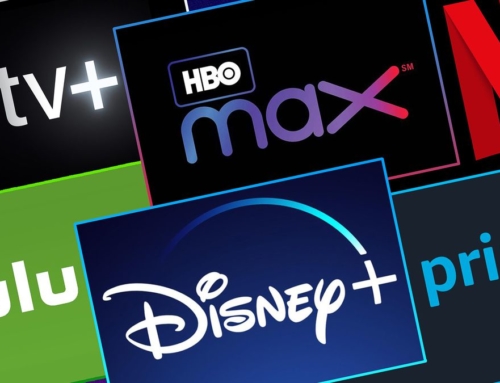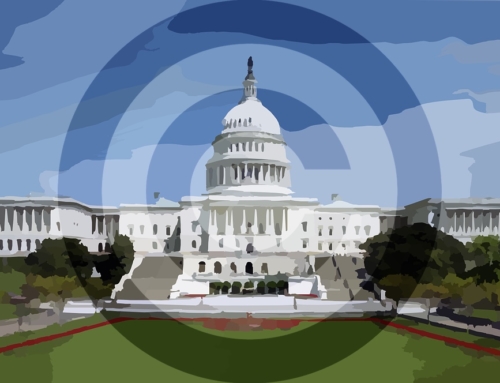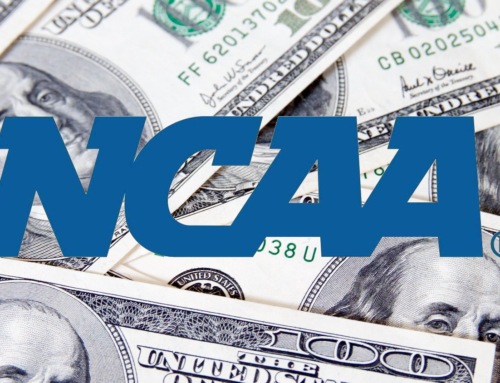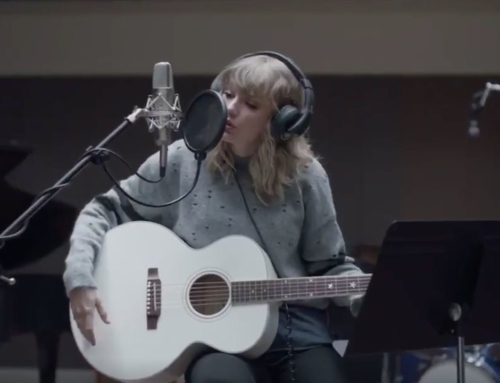Although she’s used to being in the headlines, Taylor Swift recently made a big splash in the media for something unexpected. Swift’s reaction to the sale of her former label — and with it her master recordings — caused a stir in the press and in the music industry as a whole. While it may seem trivial to some for the world’s highest paid musician to complain about anything, Swift has brought to the forefront something that many musicians struggle with. Whereas we previously discussed Swift’s personal situation in detail, here we break down why master recordings are so important and why musicians rarely have access to them.
“Master recording” is the term used to denote the legal rights to a song. The master recording of a song is the original version of the composition from which everything else stems. If a song is to be sold on CD, streamed on Spotify, licensed for use on a film soundtrack or released publicly in any fashion, it must be licensed by the rights holder to the master recording.
This means that whoever owns the rights to the master recording has nearly complete control over how songs are used and sold and, in turn, receives any and all financial gains made from the use of the song.
Who Usually Owns Master Recordings
Given the aforementioned, it would make sense that artists themselves would own their master recordings due to the simple fact that they are the ones making and producing the songs. Unfortunately, however, this is often not the case.
In most cases, when an artist signs a deal with a record label, the deal is structured so that the label retains ownership of any master recordings that are produced during the term of the record deal. In exchange for ownership of the recordings, artists are often given an advance and a percentage of royalties from any profits the music makes. In most deals, these royalties are only distributed once the artist has earned enough money in royalties to pay back the amount of their initial advance.
In regards to master recordings and record label contracts, a report from A World Artists Love listed the following red flags for artists to watch for in any contract:
- A long rights period (i.e., the period during which the record company owns the recordings)
- Options over future recordings (meaning a record company can automatically get rights over future recordings in return for paying a cash advance)
- An “exclusive recording agreement” (every recording created during the term of the agreement is owned by the record company)
While younger and less established artists rarely have any leverage in negotiating a contract, it is best to be completely aware of what one is signing onto. In some cases, moving forward independently is a better outcome when labels present clauses such as these, as they ultimately give the label nearly complete control over the artist’s work. For Taylor Swift, this lesson has been learned the hard way.
What Does Taylor Swift Have To Do With It?
Recently, Taylor Swift has brought the public’s attention to the unfair advantage record labels often hold over artists, as it pertains to the ownership of her own master recordings. Recently, Swift’s former label — Big Machine Records — was sold for an estimated $300 million. Part of the reason the label was sold for such a hefty price was because the sale included ownership of Swift’s masters from the albums she produced during her time with the label. As one of the biggest pop stars in the world, licensing these recordings practically guarantees a big payday for whoever owns the masters, and that is exactly the path that’s been taken. Shorty after the sale was made official, it was announced that Swift’s Big Machine releases would be re-released on vinyl. Of course, Swift likely had no say in this matter. Furthermore, if it weren’t for Swift and her success, the label wouldn’t have accrued such a massive valuation. Yet, Swift will never see any of these profits.
One fortunate outcome of Swift’s situation is the fact that she either wrote or co-wrote all of her songs. These credits mean that she still holds publishing rights for her older material. While it won’t allow her complete control over her work, it does give her some semblance of leverage on how that work will be used in the future.These writing credits will also ensure that Swift will continue to receive a portion of the royalties earned from the sale and use of her catalogue.
Chance the Rapper explains the (confusing) difference between master rights and publishing rights
The Good, The Bad and The Ugly
When it comes to the question of whether or not owning your master recordings is beneficial, the resounding answer is usually yes. However, this is a question that each artist has to consider for themselves and any deals presented to them. For younger artists, signing away the rights to their master recordings may outweigh any cash advance being offered. For other artists, the opposite may be true.
To be a profitable musician takes a great deal of time and, in most cases, artists make the majority of their money from touring and merchandise sales, not from the sale of their music itself. Still, the career of a musician is hardly ever a linear one with a clear path to success. Considering this, retaining as much control as possible in regards to the music one has created and the rights associated with that music and its future use is in one’s best interest.











Leave A Comment
You must be logged in to post a comment.